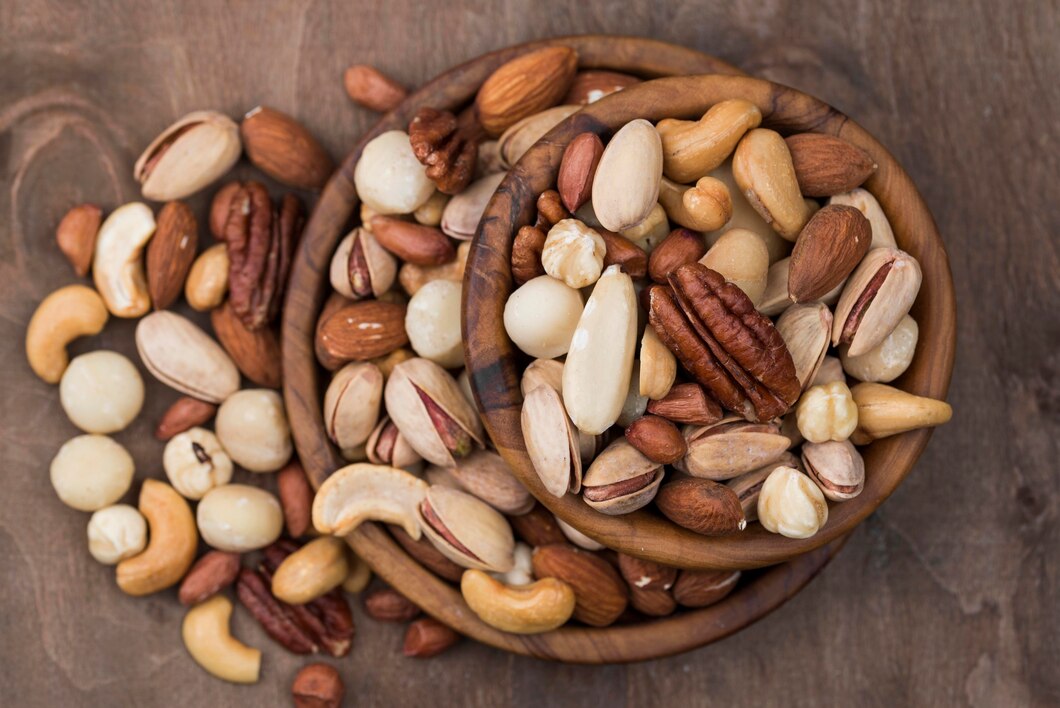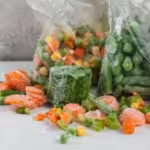Food allergies can significantly impact one’s health and lifestyle. For South Africans, understanding which foods might trigger allergic reactions is essential for maintaining well-being. Here’s a comprehensive list of 20 foods that South Africans should avoid if they have allergies.
1. Peanuts
Peanuts are a common allergen and can cause severe reactions, including anaphylaxis. South Africans should check labels for peanut traces in snacks, sauces, and baked goods.
2. Tree Nuts
Tree nuts like almonds, walnuts, and cashews are prevalent in many South African dishes and snacks. Those allergic should avoid nuts in desserts, cereals, and nut butters.
3. Shellfish
Shellfish allergies are common, and South Africans should steer clear of prawns, crabs, and lobsters, often found in coastal cuisine.
4. Fish
Fish allergies require avoiding popular fish varieties like snoek, kingklip, and hake. Ensure to check for fish ingredients in soups and sauces.
5. Milk
Milk and dairy products are widespread in South African diets. Those allergic should avoid milk, cheese, butter, and any products containing milk derivatives like casein or whey.
6. Eggs
Egg allergies mean avoiding not only eggs but also foods containing eggs, such as baked goods, mayonnaise, and certain dressings.
7. Wheat
Wheat allergies necessitate avoiding bread, pasta, and many baked goods. Opt for gluten-free alternatives and check labels for hidden wheat ingredients.
8. Soy
Soy is often found in processed foods, sauces, and vegetarian products. South Africans with soy allergies should read labels carefully to avoid soybeans and soy-derived products.
9. Sesame Seeds
Sesame seeds are used in South African baked goods and traditional dishes. Avoid tahini, sesame oil, and products sprinkled with sesame.
10. Corn
Corn allergies are less common but can be problematic. Avoid corn, maize meal (mielie meal), and products containing corn syrup or corn starch.
11. Gluten
Gluten sensitivity or celiac disease requires avoiding wheat, barley, and rye. Many South African staples like bread and beer contain gluten.
12. Citrus Fruits
Some people are allergic to citrus fruits such as oranges, lemons, and grapefruits, which are common in fresh fruit juices and desserts.
13. Bananas
Banana allergies can be linked to latex allergies. Avoid fresh bananas, banana-based smoothies, and desserts containing bananas.
14. Kiwi
Kiwi allergies are often linked to latex allergies. Avoid fresh kiwis, kiwi-containing fruit salads, and juices.
15. Strawberries
Strawberries can cause allergic reactions. Avoid fresh strawberries, strawberry-flavored products, and desserts containing strawberries.
16. Tomatoes
Tomato allergies require avoiding fresh tomatoes, tomato sauces, ketchup, and dishes heavily based on tomatoes like some curries and stews.
17. Chocolate
Chocolate allergies necessitate avoiding chocolate bars, cocoa powder, and chocolate-flavored products. Be cautious with desserts and candies.
18. Garlic
Garlic allergies mean steering clear of garlic cloves, garlic powder, and foods seasoned with garlic, which is common in South African cooking.
19. Mustard
Mustard allergies require avoiding mustard seeds, mustard condiments, and foods containing mustard, often found in dressings and sauces.
20. Sulfites
Sulfite sensitivity is common and can cause asthma-like symptoms. Avoid dried fruits, wine, and certain processed foods preserved with sulfites.
Food allergies require careful management and awareness of ingredients in everyday foods. South Africans with food allergies should read labels meticulously, communicate their dietary restrictions when eating out, and consider preparing meals at home to ensure safety. By avoiding these common allergens, individuals can enjoy a healthy and reaction-free lifestyle.








